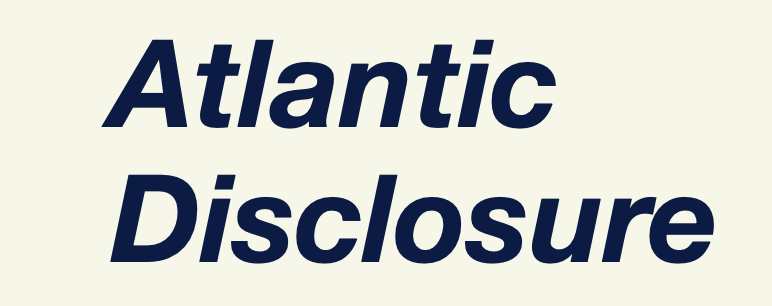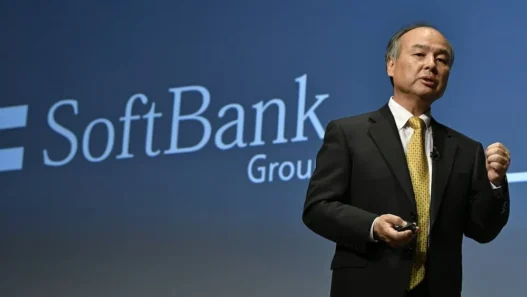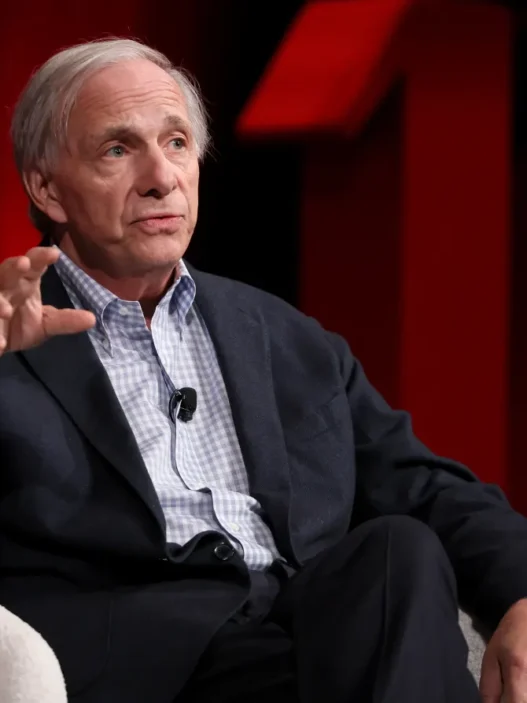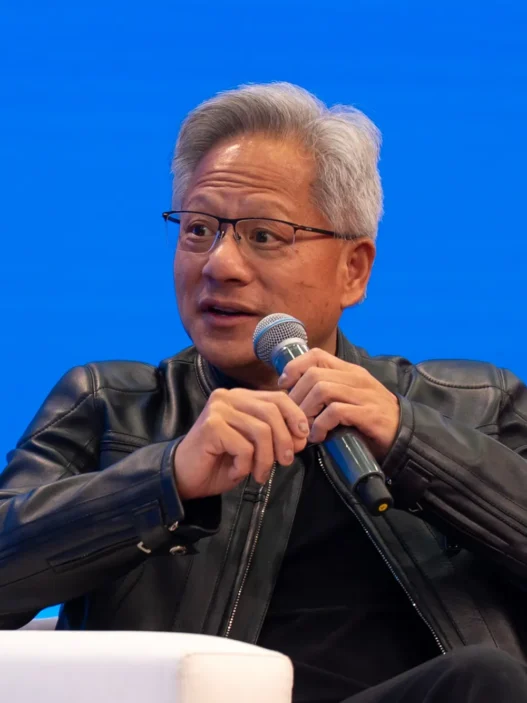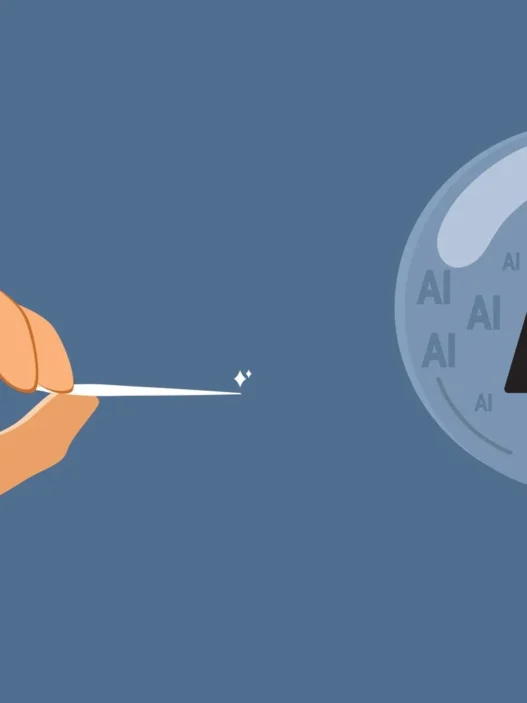Speculation is mounting that OpenAI, the artificial intelligence powerhouse behind ChatGPT, could be considering an initial public offering (IPO) in the coming years. While the company has not officially confirmed any plans, recent developments in its funding, partnerships, and market positioning have sparked widespread debate among investors, analysts, and industry watchers about the likelihood and timing of a public debut.
OpenAI’s Growth Trajectory
Founded in 2015 as a research lab, OpenAI has transformed into a commercial juggernaut, combining cutting-edge AI research with scalable products like ChatGPT, GPT-4, and enterprise AI solutions. Its valuation has soared in private funding rounds, reportedly exceeding $30 billion, reflecting both its technological leadership and massive market potential.
The company’s AI models have rapidly penetrated multiple sectors—from healthcare and finance to customer service and creative industries—demonstrating tangible commercial applications alongside research breakthroughs.
Funding and Partnerships Signal IPO Readiness
OpenAI has attracted significant investment from major technology players, most notably Microsoft, which has infused billions into the company and integrated OpenAI’s models into its cloud offerings. These partnerships provide both capital stability and market credibility, prerequisites for any potential IPO.
Additional private funding rounds have reportedly valued OpenAI at higher multiples, suggesting that private investors see a path to even larger market capitalization once the company goes public. Analysts argue that this financial momentum is consistent with the trajectory of other tech unicorns before their public debuts.
Challenges to Going Public
Despite its growth, several factors could delay or complicate an OpenAI IPO:
- Regulatory Scrutiny – Governments worldwide are increasingly focused on AI’s ethical, societal, and security implications. OpenAI may face intense oversight that could impact profitability and growth.
- Profitability Questions – While OpenAI generates revenue through enterprise products and licensing, sustained profitability is still a work in progress. Investors in public markets often expect more predictable earnings.
- Market Volatility – The tech IPO environment has been unpredictable, with high-profile debuts experiencing sharp swings in valuation. Timing the market will be crucial.
- Ownership Structure – OpenAI operates with a hybrid nonprofit-commercial model, complicating traditional IPO structures and shareholder expectations.
Market Appetite for AI Stocks
Investor enthusiasm for AI has surged in recent months, with companies like Nvidia, Microsoft, and AI startupsexperiencing soaring valuations. This appetite could work in OpenAI’s favor, creating a strong initial market reception if an IPO were announced.
Analysts note that OpenAI’s brand recognition and first-mover advantage in generative AI make it uniquely positioned to capitalize on this market excitement. A successful IPO could not only unlock additional funding for AI development but also establish a benchmark for other AI firms considering public offerings.
Industry Implications
An OpenAI IPO would have far-reaching consequences:
- AI Investment Surge – Public capital could accelerate development in generative AI and related technologies.
- Talent Competition – Stock incentives could attract top AI researchers, engineers, and executives.
- Market Benchmarking – OpenAI’s valuation would provide a reference point for evaluating other AI startups and ventures.
- Public Scrutiny – Transparency requirements of a public listing would subject OpenAI to heightened accountability from investors, regulators, and the public.
The Path Forward
While no official timeline has been disclosed, industry watchers believe that an IPO could occur within the next 2–5 years, depending on market conditions, regulatory clarity, and OpenAI’s financial performance.
The move would mark a historic moment in the commercialization of AI, potentially redefining the relationship between groundbreaking technology and public capital markets.
Conclusion
OpenAI stands at a crossroads between private innovation and public accountability. Its potential IPO represents more than a financial event—it could signal the next phase of AI integration into global markets, providing capital for expansion, driving technological breakthroughs, and setting the stage for the future of artificial intelligence in society.
